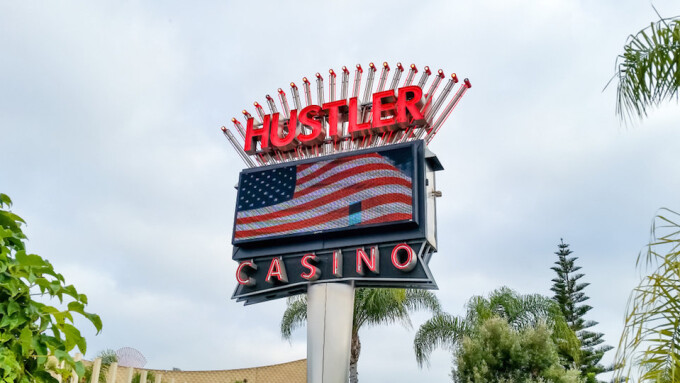LOS ANGELES — The United States Court of Appeals for the Ninth Circuit ruled that three gambling licensees may bring claims over the California law prohibiting anyone holding a cardroom license in the state from owning more than a one percent interest in out-of-state gambling establishments.
The case is known as “Flynt vs. Shimazu,” after a plaintiff, veteran adult publisher Larry Flynt, and Stephanie Shimazu, director of the California Bureau of Gambling Control.
The Ninth Circuit, according to today's report by CEB's Katherine Proctor, held that “the case falls within California's statute of limitations under a ‘continuing violation’ theory.”
In 2014, the California Gambling Commission ordered a licensee to pay a fine for violating the law. The plaintiffs’ complaint, according to Proctor, alleges that “the law is facially unconstitutional under the Dormant Commerce Clause, which prohibits states from unjustifiably regulating and discriminating against interstate commerce.”
The current appeal stems from a district court decision dismissing the suit filed in 2016 on the grounds that the plaintiffs’ claims “exceeded California's two-year statute of limitations.”
In its opinion reversing that ruling, wrote Proctor, the Ninth Circuit held that “the plaintiffs' claims fall within the statute of limitations because the alleged harm is not the result of the Gambling Commission's 2014 decision but of ‘the continued existence of the statutes themselves and the realistic threat of future enforcement.’”
Paul Cambria, who represented the plaintiffs, declared himself “pleased with the decision, because it clearly is in line with the facts and the law, and the law in other circuits around the nation.”
“I look forward to going back to District Court and having our lawsuit revived,” added Cambria.”
For Katherine Proctor’s “Gambling Licensees May Proceed With Case For Investment in Out-of-State Casinos, Ninth Circuit Holds,” click here (behind paywall).









